News

Jan 13, 2025
Virtual speaker to discuss impact and potential of PlantVillage on Jan. 21
The next Virtual Speaker Series from the Penn State Alumni Association will highlight PlantVillage, an AI-enabled "land grant in a phone" that uses data sharing to help farmers adapt to climate change and manage emerging pests and diseases.
Full Article
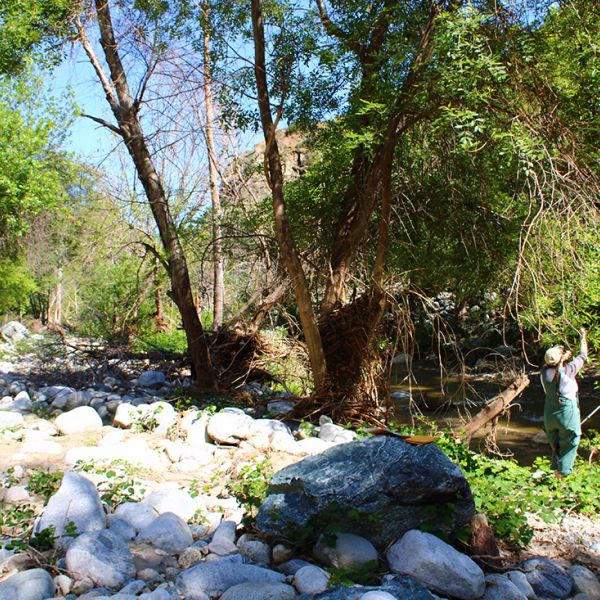
Jan 09, 2025
Ash tree variability may offer restoration path post-beetle decimation
Researchers found that genetic diversity is key to breeding ash trees resistant to emerald ash borers and rising temperatures.
Full Article
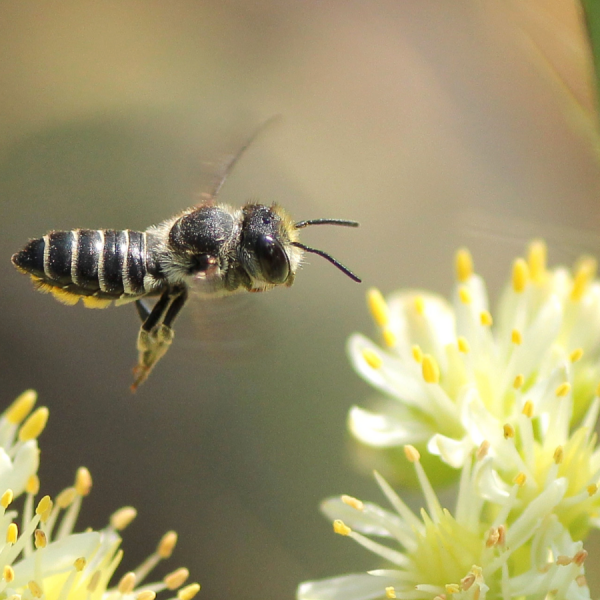
Jan 07, 2025
Quantity over quality? Different bees are attracted to different floral traits
When it comes to deciding where they’re going to get their next meal, different species of bees may be attracted to different flower traits, according to a study led by researchers at Penn State and published in PNAS Nexus.
Full Article

Jan 28, 2025
New Annual Summit Focuses on Graduate Student Resiliency
Earlier this month, the Huck Institutes, in partnership with the J. Jeffrey and Ann Marie Fox Graduate School at Penn State, hosted the Inaugural Huck Institutes T32 Summit.
Full Article
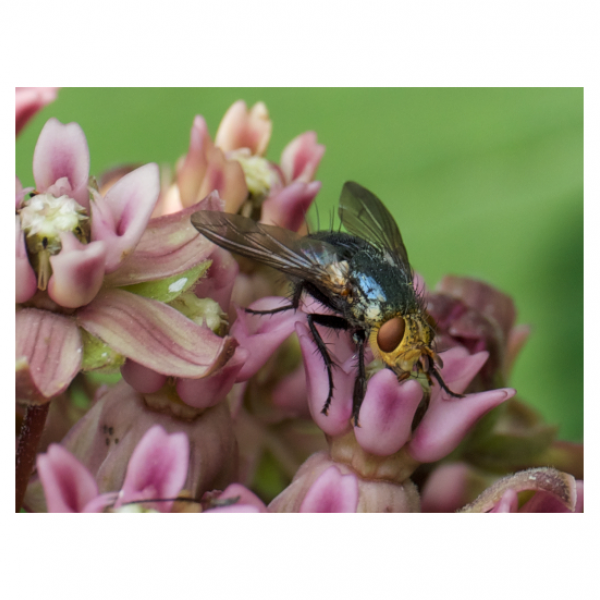
Jan 02, 2025
Pollinators most vulnerable to rising global temperatures are flies, study shows
New research led by Penn State scientists suggests flies are increasingly at risk due to rising global temperatures.
Full Article

Dec 17, 2024
Old wisdom meets new tech: Traditional Chinese medicine inspires pulse sensors
A team led by Penn State researchers used principles of pulse monitoring in traditional Chinese medicine to design a pressure-sensing platform to identify the optimal pulse signal, which they combined with a machine learning model to also predict blood pressure.
Full Article
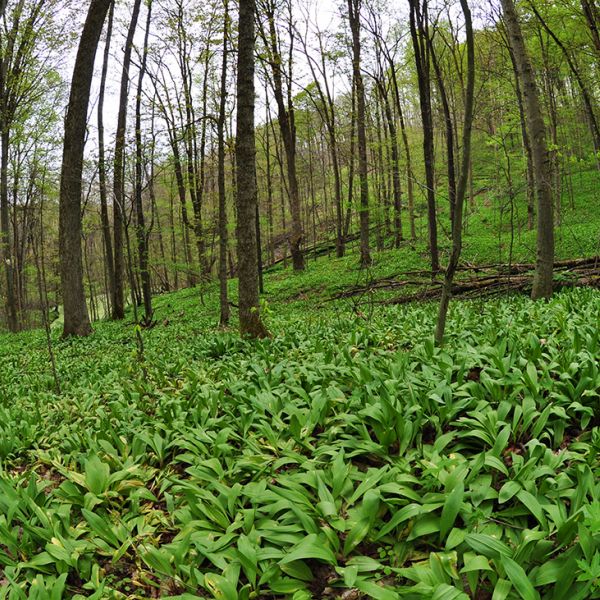
Nov 27, 2024
Better habitats for forest farming wild leeks could help future foraging demands
An interdisciplinary Penn State research team characterized ramp habitat for the first time in Pennsylvania, offering guidance for the agroforestry practice known as forest farming.
Full Article
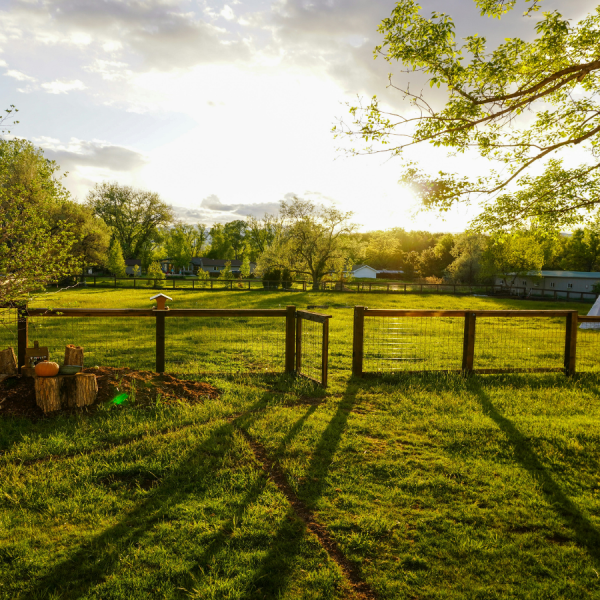
Nov 26, 2024
Tick tubes help reduce the parasites on mice, but time and frequency matters
A new study led by researchers at Penn State analyzed the effectiveness of a simple, inexpensive strategy for controlling ticks that homeowners can use in their backyards.
Full Article
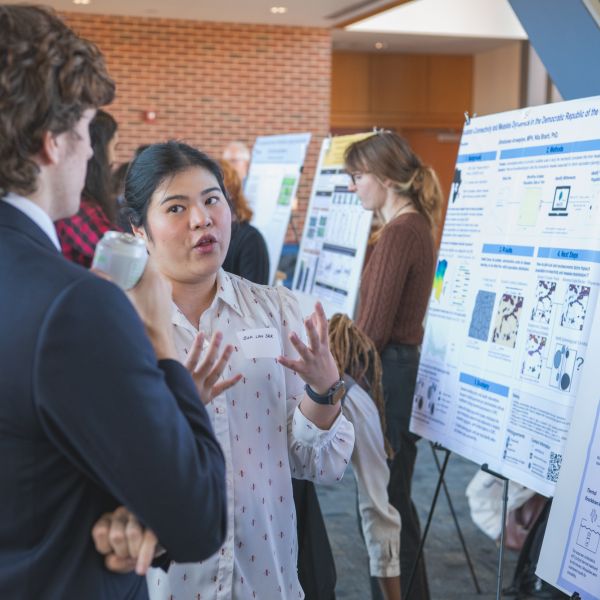
Nov 13, 2024
Biology and Ecology Student Research Showcase winners announced
The Biology and Ecology Student Research Showcase, hosted by the Biology Graduate Student Association and Ecology Graduate Student Organization on Nov. 1, featured poster and podium presentations from nearly 30 graduate and undergraduate students.
Full Article
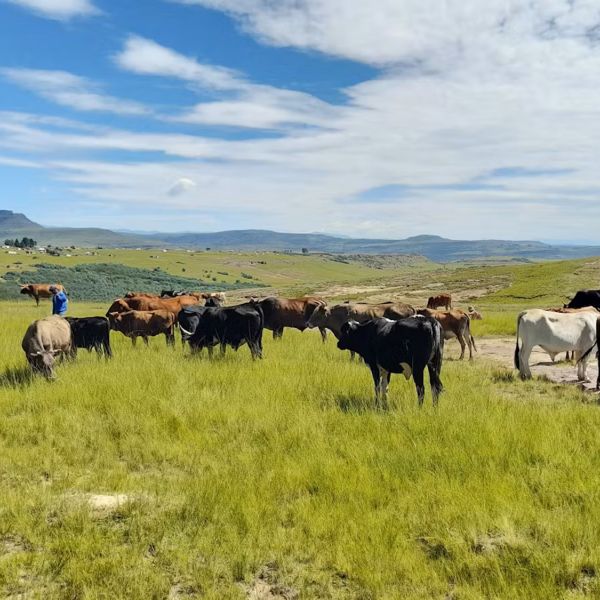
Nov 01, 2024
$1.3M NSF grant to fund research into restoration of degraded ecosystems
An international team of researchers led by Ida Djenontin, assistant professor of geography at Penn State, was recently awarded a $1.3 million grant from the U.S. National Science Foundation’s Dynamics of Integrated Socio-Environmental Systems program to investigate the socioecological outcomes of restoration in degraded woodlands ecosystems.
Full Article